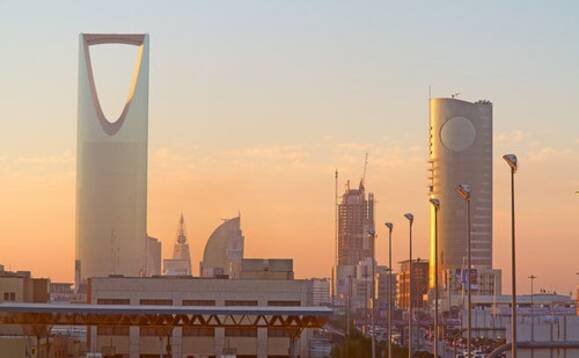The managers of the £80m Barings Emerging EMEA Opportunities trust have been investing heavily in the Middle East, which they argue has a strong fiscal outlook, and while human rights and societal concerns remain a factor, they believe in the "current direction of travel".
The trust is currently holding 32.5% in Saudi Arabia, with 10.8% in UAE, 7.6% in Qatar and 2.9% in Kuwait, according to the June factsheet, reports sister site Investment Week.
Matthias Siller, co-manager on the trust, told Investment Week that the region held "enormous importance" for the global future, particularly around the energy transition. This adds to what the manager sees as a "solid investment case".
"A burgeoning IPO market is broadening the investment opportunity set across the region, whilst a strong fiscal outlook, low single digit inflation, and a reform agenda which should further boost consumer confidence," Siller said in a press comment.
One recent IPO was DEWA, the Dubai electric utility, that successfully listed on public markets in April this year.
Siller said there is a strong IPO pipeline which offers investors in the region a more diversify set of opportunities. This in turn should lead to the weight of Middle Eastern markets in emerging market indices to increase.
Saudi Arabia was a key area for opportunities at the moment. Siller said this was partly thanks to its ‘Saudi Vision 2030', a framework to reduce the country's dependence on oil, diversify its economy and develop public service sectors.
"Saudi Arabia will have a budget surplus of 20-25% this year, at least some of which will go into the local economy rather than being saved," Siller added.
One company the manager is following closely is Saudi Aramco, of which he said he was "willing to entertain a certain amount" of investment.
The company, which is over 94% owned by the Saudi state, reported the biggest profit for any listed company in the world on 14 August.
Its profit for the second quarter was £40bn, almost double the £21bn for the same period in 2021.
Investing in Saudi Arabia and other parts of the Middle East requires asset managers to be comfortable with human rights issues in the area, particularly if they are considering investing in state-owned enterprises.
Siller said human rights reforms are "high on the agenda" when engaging with companies, but said it is "hard to implement on a day-by-day basis" noting that he was "supportive of the current direction of travel".
A significant issue for many managers is Saudi Arabia allows the death penalty. There have been 120 executions in the country in the first half of 2022.
The trust is trading on a 14% discount, according to Morningstar data.










